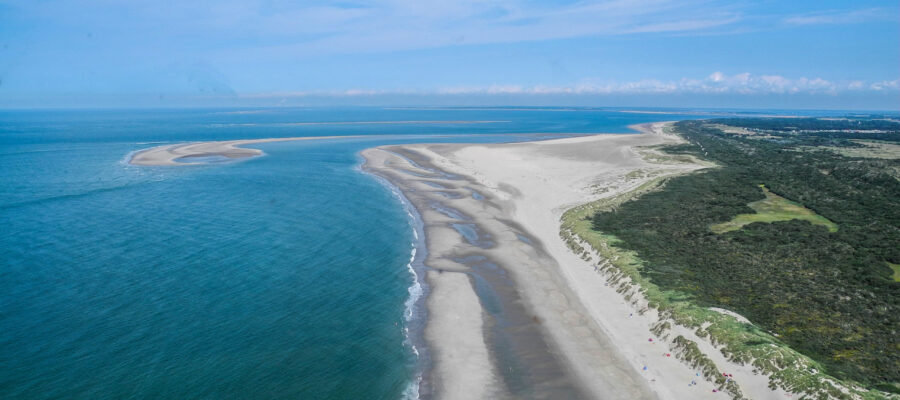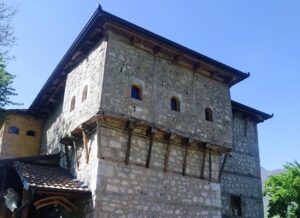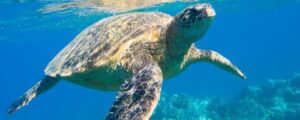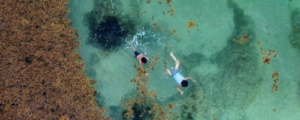As part of our Covid Safe Series, we’d like to highlight the efforts of the Dutch island of Schouwen-Duiveland.
The coastal village of Renesse operates a park and ride facility just outside Schouwen-Duiveland, from there tourists take a free bus helping to reduce traffic in the coastal villages. It’s a long-running initiative that started in 1998: “Liberation of the car-driver starts in Renesse.” Tourists can park their cars in the parking lot and travel around Schouwen-Duiveland to visit its many beaches and other coastal villages further along the coast.
However, due to the COVID-19 pandemic and the health risks that public transport can pose, the touristic public transportation model had to be reconsidered. No more fun open-top buses and horse trams. Public transport, like everywhere in the world, is a way to get lots of people to a destination quickly. Sadly this option becomes less attractive due to the social distancing measures.
Better transport options
This left the team in charge of transportation to rethink the model in order to adhere to social distancing guidelines as well as promoting more healthy and environmentally friendly transport options.
To tackle the issue they experimented with a mobile app that displays the distance between locations and shows the alternative types of transport that are suitable for such distances. The goal was to promote the use of bicycles (and electric cars for those unable to ride bicycles). Their main aim is to reach a point where coaches are not used anymore and are fully replaced by electric-powered busses and bicycles. This even led to a new tourism slogan:
“Tackling Corona starts in Renesse, avoid crowds and exercise in the healthy, fresh, salty air”
A COVID-19 safe environment
With the involvement of all stakeholders (the municipality, ZeelandVeilig, businesses & the municipal health services), Schouwen-Duiveland was able to provide a COVID-19 safe environment. All stakeholders took responsibility and complied with the social distancing rules. With all these measures in place, it’s no surprise that the island showed only 2 cases of COVID-19 during the high tourist season.

With support from all stakeholders, Schouwen-Duiveland is able to provide a COVID-19 safe environment, reacting quickly to the concerns of tourists and taking advantage of the growing need to be more environmentally friendly. As a result, the area did not suffer from a downturn in tourism due to the pandemic, attracting more domestic tourists respecting social distancing rules.
The case of Schouwen-Duiveland proves that reacting quickly both in terms of the pandemic and how they marketed the region meant that tourists felt safe to travel.




